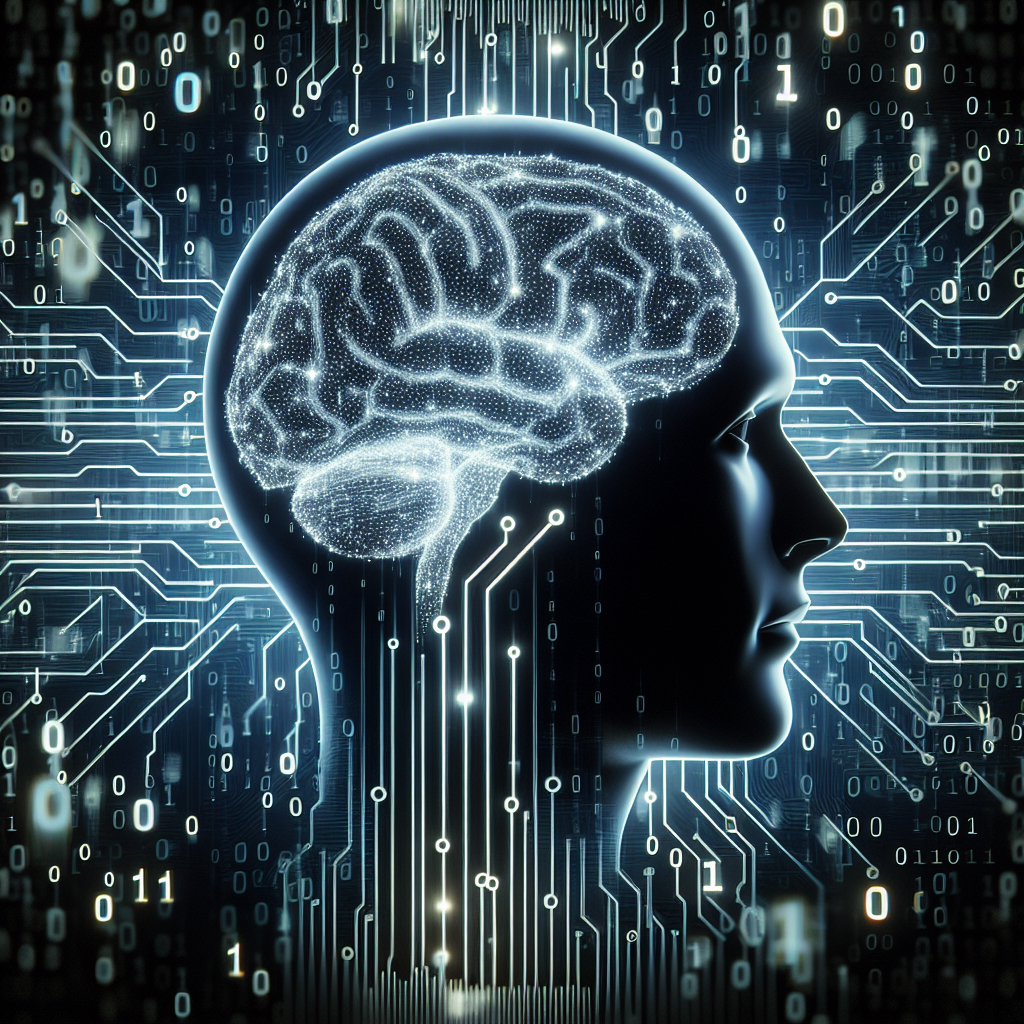Harnessing the Power of AI: How Cognitive Computing is Revolutionized
Artificial Intelligence (AI) has become an increasingly important technological advancement in recent years. From self-driving cars to automated chatbots, AI is changing the way we live and work. One of the most exciting branches of AI is cognitive computing, which mimics the way the human brain works to analyze and interpret complex data. The power of cognitive computing is revolutionizing industries and creating new opportunities for innovation.
What is Cognitive Computing?
Cognitive computing is a subset of AI that uses machine learning algorithms to process and interpret data in a way that mimics human thought processes. Unlike traditional AI systems that rely on rules-based programming, cognitive computing systems can learn and adapt over time. These systems have the ability to understand natural language, recognize patterns, and make sense of unstructured data.
One of the key components of cognitive computing is natural language processing (NLP), which enables machines to understand and interpret human language. This technology is used in a wide range of applications, from virtual assistants like Siri and Alexa to machine translation tools like Google Translate.
Another important aspect of cognitive computing is machine learning, which involves training algorithms on large sets of data to make predictions or decisions. By analyzing historical data, machine learning algorithms can identify patterns and trends that humans might miss, leading to more accurate results.
How is Cognitive Computing Revolutionizing Industries?
Cognitive computing has the potential to revolutionize a wide range of industries, from healthcare to finance to retail. In healthcare, for example, cognitive computing systems can help doctors diagnose diseases and develop personalized treatment plans for patients. By analyzing large datasets of medical records and clinical trial data, these systems can identify trends and patterns that can improve patient outcomes.
In finance, cognitive computing is being used to detect fraud, predict stock market trends, and automate customer service. By analyzing transaction data and customer interactions, cognitive computing systems can identify suspicious activity and make personalized recommendations for financial products.
In retail, cognitive computing is powering personalized shopping experiences and improving supply chain efficiency. By analyzing customer data and sales trends, retailers can offer targeted promotions and optimize inventory levels to meet demand.
Overall, cognitive computing is helping businesses make better decisions, improve customer experiences, and drive innovation. By processing and interpreting vast amounts of data, cognitive computing systems can help companies stay ahead of the competition and adapt to changing market conditions.
FAQs
Q: What are some examples of cognitive computing applications?
A: Some examples of cognitive computing applications include virtual assistants, automated customer service chatbots, and predictive analytics tools. These systems can help businesses automate mundane tasks, improve decision-making, and provide personalized recommendations to customers.
Q: How is cognitive computing different from traditional AI?
A: Cognitive computing differs from traditional AI in its ability to learn and adapt over time. While traditional AI systems rely on rules-based programming, cognitive computing systems can analyze vast amounts of data to identify patterns and make predictions. This enables these systems to handle more complex problems and provide more accurate results.
Q: How can businesses harness the power of cognitive computing?
A: Businesses can harness the power of cognitive computing by investing in the right tools and technology. By partnering with AI vendors or hiring data scientists, companies can develop custom solutions that address their specific business needs. It’s also important for businesses to train their employees on how to use cognitive computing tools effectively and integrate them into existing workflows.
Q: What are some challenges of implementing cognitive computing?
A: Some challenges of implementing cognitive computing include data privacy concerns, ethical considerations, and the risk of bias in algorithms. Companies need to be mindful of how they collect and use customer data, as well as how they ensure the fairness and transparency of their algorithms. It’s also important for businesses to keep up with the latest developments in AI research and regulation to mitigate potential risks.
In conclusion, cognitive computing is revolutionizing industries by harnessing the power of AI to process and interpret complex data. By mimicking human thought processes, cognitive computing systems can help businesses make better decisions, improve customer experiences, and drive innovation. As the field of AI continues to evolve, cognitive computing will play an increasingly important role in shaping the future of technology and business.
